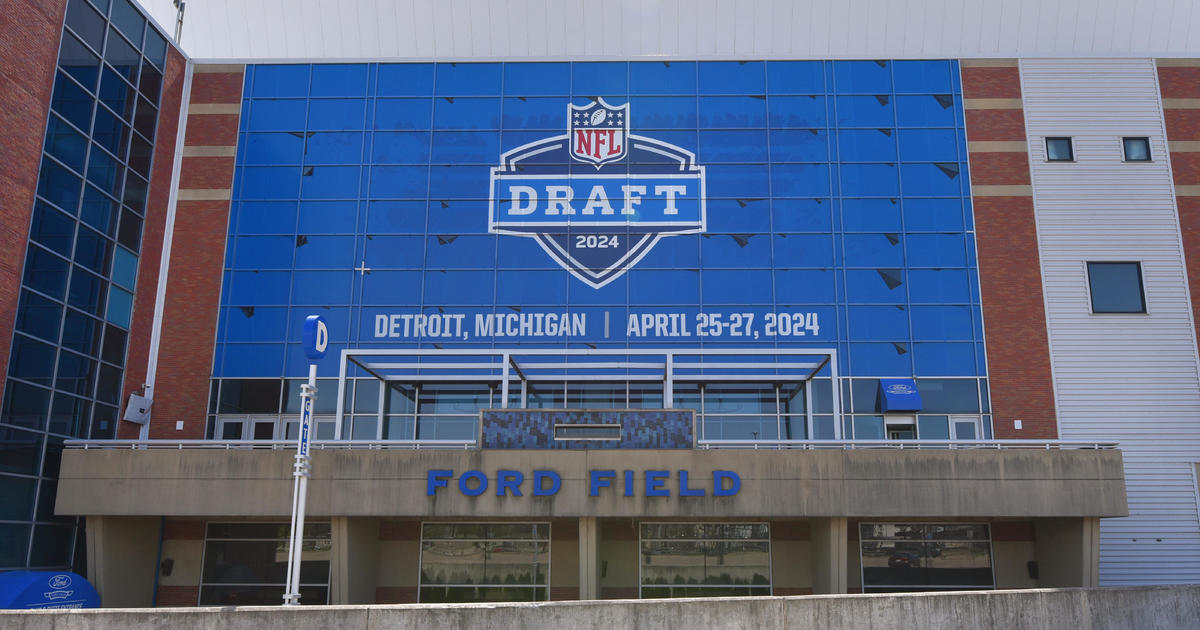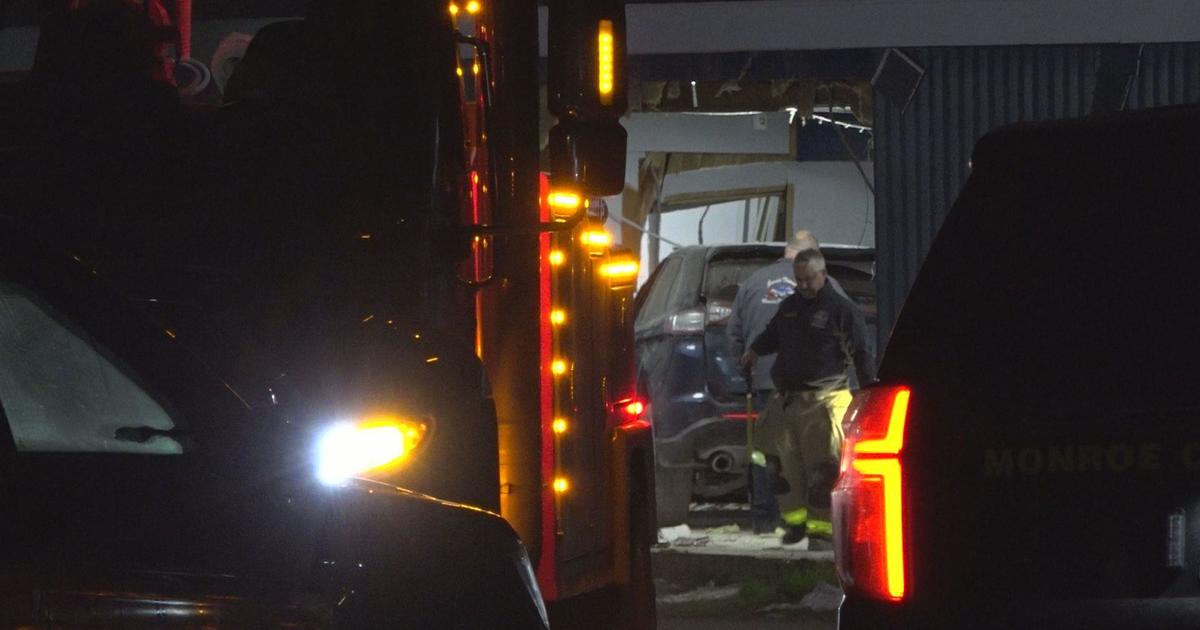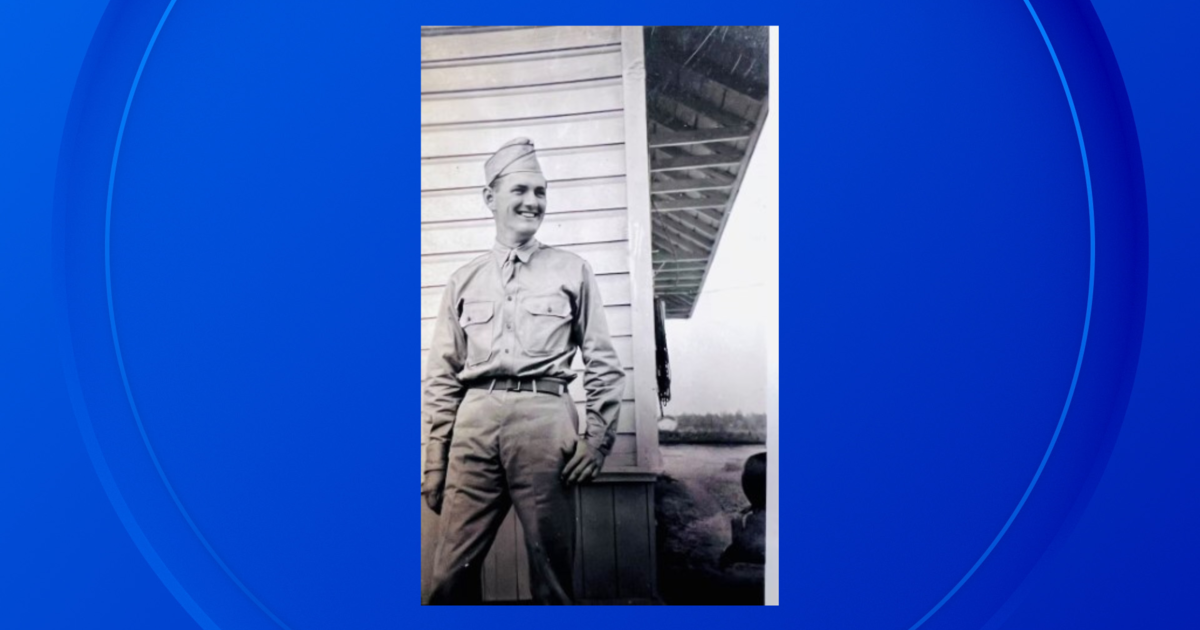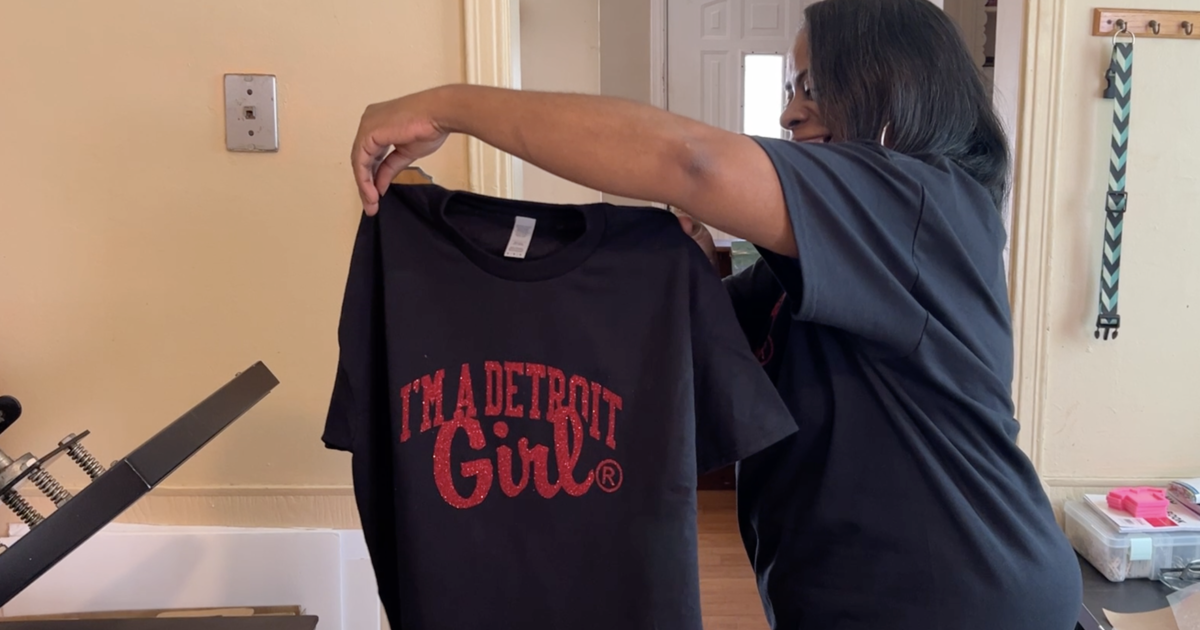Compuware's Karmanos Rips Public Employee Unions In Look At History Of Detroit
DETROIT -- Peter Karmanos Jr. grew up the son of immigrant parents who owned a diner on Detroit's west side. He was educated in the Detroit Public Schools. He got his first computer job as a teen-ager after being fascinated by IBM manuals. And he co-founded Compuware Corp. in 1973 with a $3,000 tax refund.
Thursday, in the soaring 15-story atrium of the multi-million-dollar tech palace Compuware's success built, he told several hundred Detroit Economic Club members what's wrong with Detroit today that wasn't wrong with it when he got his education in the Detroit Public Schools of the 1950s.
Karmanos also said he hadn't yet decided whether to support Mayor Dave Bing in his quest for a second term. Karmanos said he would "see who else is running and then figure it out."
According to Karmanos, the city's troubles mostly boil down to racism, an artificially small Detroit, and public employee unions that won't give up rich benefits the city can no longer afford.
Karmanos noted that he was born March 11, 1943 at Mt. Carmel Mercy Hospital. His first home was a flat in Dearborn. His family moved back into Detroit in 1946, when they started building houses again after World War II. And he started at the Detroit Public Schools in 1948.
"When I went to school in Detroit it was the top rated public school system in America," Karmanos said. "We had almost two million people by 1960, 90 percent of them living in homes they owned, which is the American dream. I felt lucky to live in the most dynamic city in America. I remember watching Cody playing Redford High in football on a Friday afternoon in the fall, while everybody burned their leaves ... which everybody survived."
And then, Karmanos said, "I started watching my hometown crumble."
"We had a riot in the city because African-Americans were totally disenfranchised," Karmanos said. "They had no say in anything that went on in this city. The prime reason people moved out of the city was racist to begin with. So we've had a 40-year migration out of the city. Now African-Americans have taken over the institutions. They have had to take over failing policies from years before, but at least they know they have a say in what's going on in the city."
As for the city's size, Karmanos -- a frequent critic of Detroit's Balkanized local governments -- said that "our crazy situation all started about 1927 when we passed a law that froze Detroit's borders, so you ended up with Hamtramck and Highland Park surrounded by Detroit, and an inability to stretch past Eight Mile Road, unlike Houston, Texas, or Los Angeles, California, or any of these cities that have gotten very large. That bill got passed because people who lived in northern suburbs like Birmingham and Bloomfield Hills and in the Grosse Pointes did not want minorities to move outside the city, and did not want the city to be able to annex their little towns."
Karmanos also railed against public employee unions: "The school system I was in, the one that was the finest in the country, not one of its teachers was a member of a union. It was against the law. They changed that." But even then, he said he had an elementary school science teacher who spent most of her class time "explaining to 7-year-olds and 8-year-olds and 9-year-olds how bad it was that we were cheating our school teachers," instead of teaching science. "Every so often she would interrupt the conversation to show those kids who rarely got out of the city slides of the European vacation she took every year," Karmanos said.
And he said of other public employee unions, "You hear that the police department are heroes, the fire department are heroes, don't you want to pay your heroes." Karmanos said he "really doesn't have a problem with unions like the UAW because I feel like the shareholders are represented when they negotiate a contract. But I feel like the taxpayers are not represented when school boards negotiate these giveaways... That's what I feel about the consent agreement: It's about whether we're being hard nosed with public employee unions and teachers."
"The city is going bankrupt trying to pay legacy costs," Karmanos said. "That's what drove the largest corporation in the world bankrupt, legacy costs ... It's totally unsustainable."
Today, Karmanos said, "I don't think business cares whether the city gets its act together. What we want is police and fire ... If the city went bankrupt, what would be mandated is the provision of emergency services. We might rather take that route than find enough money to sort-of-provide those services."
Whatever the city's problems, Karmanos said he moved his company's headquarters from Farmington Hills to downtown Detroit "because I thought it was an excellent business decision. I feel like saying to a lot of people out in the suburbs, I told you so. I knew this would be an exciting, wonderful place to live. And you can see it springing back to life."
Is it ever. Karmanos' move sparked what has become a torrent of new tech and white-collar jobs downtown, both moving from the suburbs and being newly created, at companies like Quicken Loans, GalaxE Solutions and Blue Cross and Blue Shield.
In response to an audience question, Karmanos also downplayed the risk of identity theft. But he also said: "I don't do any online banking because it's not that hard to hack in."
And his favorite thing about Detroit? "Danialle, my wife," he said.



